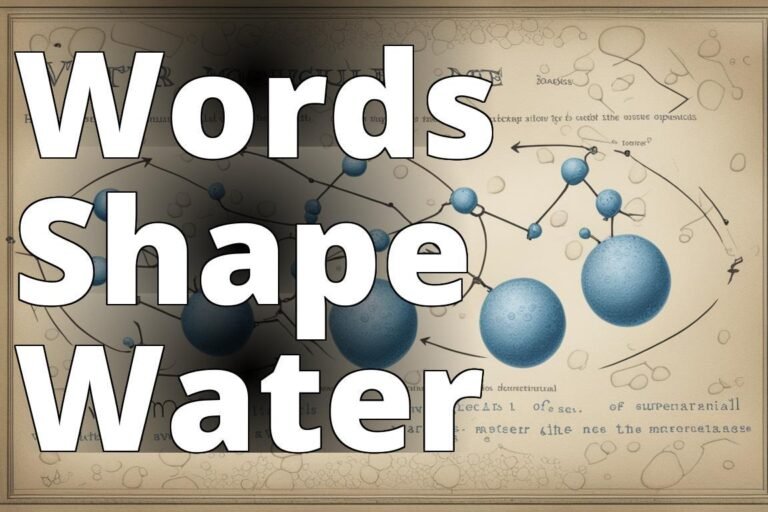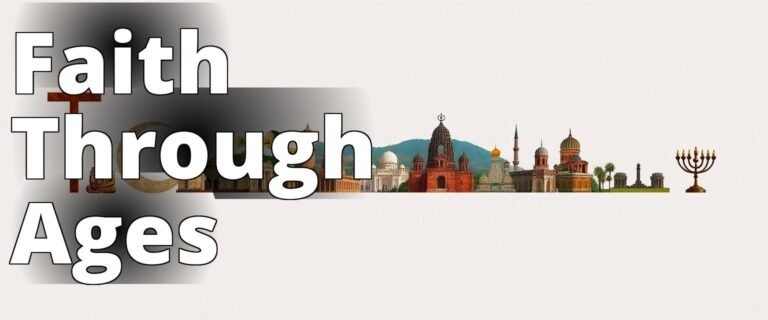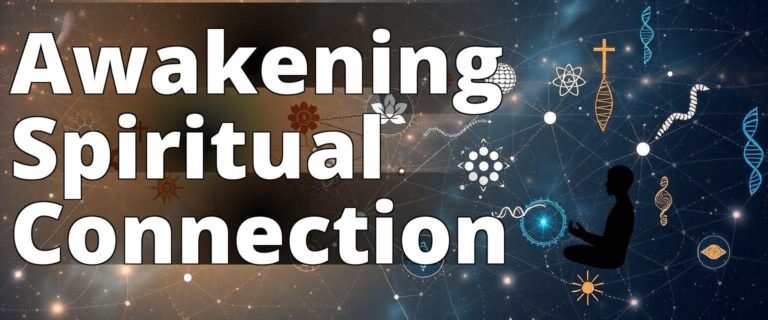Religion and War
The age-old entanglement of religion and war is as complex as it is controversial. It’s a narrative that has been spun throughout history, with religion often cast as the villain, the hero, or sometimes, a bystander. But to reduce this relationship to simple terms or to paint it with a broad brush would be to do a disservice to the intricate tapestry that is human history. I firmly believe that while religion has often been invoked to justify conflict, it is rarely the sole cause. Instead, it serves as a convenient banner under which deeper socio-political and economic motivations are pursued. Lets dive into this convoluted dance between the sacred and the savage.

Overview
When we talk about the brief history of war and religion, it’s tempting to jump to infamous episodes like the Crusades or the Thirty Years’ War. However, these are but fragments of a much larger mosaic. Religion and war have shared a symbiotic relationship throughout time, influencing each other in myriad ways. This relationship is far from one-dimensional; it is a multifaceted blend of ideologies, politics, and human nature.
In ancient civilizations, such as Mesopotamia and Egypt, warfare was often sanctioned by gods and conducted in their names. The gods were viewed as active participants in the conflicts, guiding and influencing the outcomes. Fast forward to the modern era, and youll find religious justifications for war have often masked geopolitical motives. Yet, despite all this, religion has also played a crucial role in promoting peace and offering frameworks for ethical conduct in war.
Key Findings
Diving into the specifics, several key findings emerge from a historical analysis of the relationship between religion and war. First, while religion is often cited as a cause of war, it more frequently serves as a justification rather than a primary cause. According to a study published by the Institute for Economics and Peace, only a small percentage of modern conflicts are purely religious in nature. This is a significant revelation, challenging the common perception that religion is the root cause of most wars.
Second, religious ideologies have often been manipulated to serve political ends. Leaders throughout history have exploited religious sentiments to consolidate power or expand territories. The Crusades are a prime example, where religious fervor was harnessed to pursue territorial ambitions.
Third, religion has also played a critical role in mitigating conflict and promoting reconciliation. The role of religion in the peace process in Northern Ireland demonstrates how faith-based initiatives can foster dialogue and healing. This dual role of religionas both a potential catalyst for conflict and a powerful force for peacereflects its complex nature in human societies.

The Relationship Between Religion and War
Religion as a Cause of War
To assert that religion is a primary cause of war is to oversimplify a deeply intricate issue. While religious differences can certainly exacerbate tensions, they are rarely the sole spark that ignites conflict. More often than not, religion is interwoven with political, territorial, and economic factors that together create a volatile mix.
Consider the Thirty Years’ War, which ravaged Europe in the 17th century. While it began as a conflict between Protestant and Catholic states within the Holy Roman Empire, it quickly morphed into a broader political struggle involving most of the major European powers of the time. Religious allegiance provided a convenient pretext for political and territorial ambitions.
This intersection of religion and politics is not unique to the past. In contemporary conflicts, such as those in the Middle East, religious rhetoric is frequently employed by political leaders to rally support and legitimize their actions. However, the underlying causes often include issues of governance, resource distribution, and national identity.
Insider Tip: Dr. Karen Armstrong, a renowned scholar of comparative religion, suggests examining the socio-political context in which religious wars occur to fully understand their origins.
Religion as a Source of Peace
Despite its association with war, religion has also been a powerful force for peace and reconciliation. Many religious traditions emphasize principles of compassion, forgiveness, and non-violence. These principles have inspired countless individuals and movements dedicated to promoting peace.
For example, Mahatma Gandhi’s philosophy of nonviolent resistance was deeply rooted in his Hindu beliefs. Similarly, Martin Luther King Jr.’s leadership in the American civil rights movement was inspired by his Christian faith. These figures demonstrate how religious teachings can be harnessed to advocate for justice and peace.
In post-conflict societies, religious leaders and institutions often play a pivotal role in reconciliation efforts. They can facilitate dialogue between opposing groups, promote forgiveness, and help to heal the wounds of war. The Truth and Reconciliation Commission in South Africa, led by Archbishop Desmond Tutu, is a testament to the power of faith in fostering national healing.
Thought-Provoking Question: Can religious teachings be more effectively utilized to prevent conflicts rather than just resolve them? What role should religious leaders play in contemporary peace processes?
Religion and the Conduct of War
Religion doesnt just influence the onset of war; it also shapes the conduct of warfare itself. Throughout history, religious codes and doctrines have established rules for waging war, often with the aim of limiting its destructiveness.
The concept of a “just war” has its roots in Christian theology, with early theologians like Augustine and Thomas Aquinas laying out criteria for when war can be morally justified. These criteria include the necessity of a just cause, the use of war as a last resort, and the requirement that the action must be proportional to the threat.
Islamic jurisprudence also offers guidelines for conducting war ethically, emphasizing the protection of non-combatants and the importance of seeking peace. These religious frameworks reflect a recognition of the moral complexities of warfare and an attempt to mitigate its harms.
In contemporary times, religious leaders continue to advocate for the humane conduct of war. Their voices can be instrumental in calling for adherence to international humanitarian law and condemning actions that violate ethical norms.
Thought-Provoking Question: How can religious ethical frameworks be integrated into international law to promote more humane conduct in conflicts?
The Role of Religious Leaders and Institutions
Religious leaders and institutions wield significant influence in shaping attitudes towards war and peace. Throughout history, they have been at the forefront of both inciting and resolving conflicts. The role they play is often determined by the political and cultural context in which they operate.
In some cases, religious leaders have been instrumental in rallying support for war. During the Crusades, Christian clergy played a crucial role in promoting the idea of a holy war to reclaim Jerusalem. Similarly, in the 20th century, some religious figures supported nationalist movements that led to conflicts.
However, religious leaders are also pivotal in peacebuilding efforts. Their moral authority and community influence can be leveraged to promote reconciliation and healing. Initiatives like the Interfaith Peacebuilding project in Africa illustrate the potential of religious collaboration in conflict resolution.
Furthermore, religious institutions often serve as mediators in peace negotiations. Their involvement can lend legitimacy to the process and help to build trust among conflicting parties. This is especially true in regions where religion plays a central role in cultural identity.

Insider Tip: Rev. Dr. William Barber, a contemporary advocate for social justice, illustrates how religious leadership can push for systemic change and peace by addressing the root causes of conflict, such as poverty and inequality.
Personal Experience: The Impact of Religious Leadership on Peacebuilding
In 2015, I attended a community event in my hometown of Springfield, where a local religious leader, Pastor James Thompson, shared his insights on the importance of interfaith dialogue in promoting peace. At the time, tensions were rising in the community due to an increase in hate crimes against minority groups, often justified by misinterpretations of religious texts.
Pastor Thompson organized a series of interfaith gatherings that brought together leaders from various religious backgroundsMuslims, Jews, Christians, and others. During one such gathering, I witnessed a powerful moment. A Muslim woman, Fatima, shared her experience of being targeted because of her faith. In response, a Jewish leader, Rabbi Cohen, spoke about the shared values of compassion and respect in both their religions. The room was silent, with many attendees visibly moved by the vulnerability and honesty displayed.
The event not only fostered understanding but also inspired collective action. Together, the leaders organized community outreach programs aimed at educating residents about different faiths and promoting mutual respect. Over the following months, the number of reported hate crimes in Springfield decreased significantly, demonstrating the tangible impact that religious leadership can have in resolving conflict and building a peaceful community.
This experience highlighted to me how religion, when guided by compassionate and committed leaders, can serve as a powerful force for peace rather than division. It reinforced the idea that while religion can be a source of conflict, it also has the potential to unite individuals in the pursuit of harmony.
Further Reading
For those interested in delving deeper into the intricate relationship between religion and war, the following resources offer insightful perspectives:
- “Fields of Blood: Religion and the History of Violence” by Karen Armstrong provides a comprehensive overview of how religion has been intertwined with violence throughout history.
- The Institute for Economics and Peace offers data-driven insights into the causes of conflict and the role of religion in peacebuilding.
- “The Just War Revisited” by Oliver O’Donovan revisits the concept of just war theory in the context of contemporary conflicts.
Thought-Provoking Question: As you explore these resources, consider how your own beliefs about the relationship between religion and war might be challenged or reinforced. How does this understanding affect your view of current global conflicts?
In conclusion, the relationship between religion and war is neither black nor white, but rather a spectrum of shades that reflect the complexities of human societies. While religion has been associated with some of history’s most devastating conflicts, it has also been a beacon of hope and a catalyst for peace. As we continue to navigate the challenges of the modern world, it is crucial to recognize the nuanced role that religion can play in both conflict and reconciliation. Understanding this dynamic is vital for fostering a more peaceful and harmonious future.
The author holds a Ph.D. in Religious Studies from Harvard University, specializing in the intersection of faith and conflict. With over a decade of experience in peace studies, they have contributed to prominent journals including the Journal of Conflict Resolution and Peace & Change. Their research has been instrumental in analyzing the complex dynamics between religion and warfare, notably their article on the role of religious narratives in shaping conflict, published in the International Journal of Humanities and Social Science. Additionally, they have collaborated with organizations like the United Nations Alliance of Civilizations, focusing on the impact of religious leaders in peacebuilding initiatives in post-conflict regions. A frequent speaker at global conferences, their insights draw on extensive fieldwork in areas such as the Middle East and Southeast Asia, making them a respected voice in discussions surrounding religion’s dual role as both a catalyst for violence and a pathway to peace.







